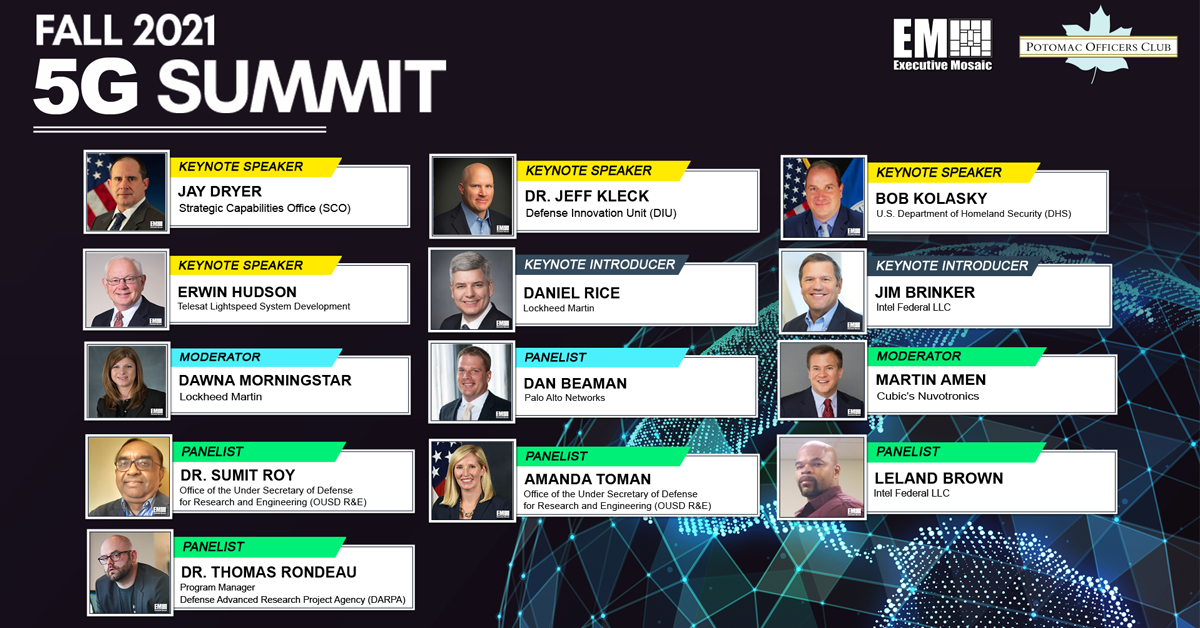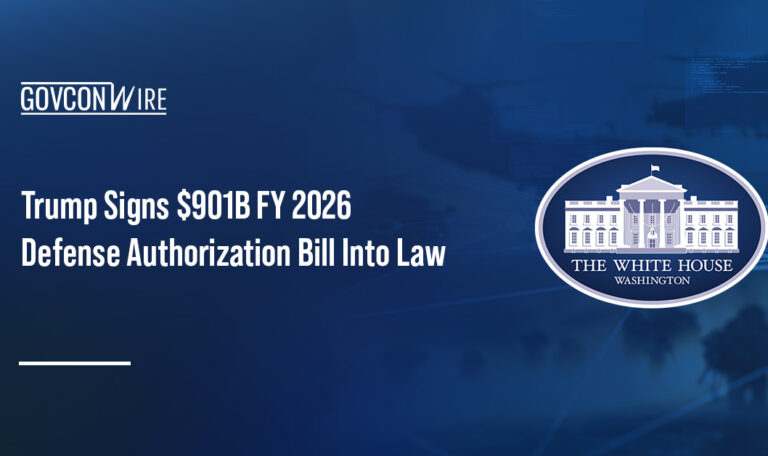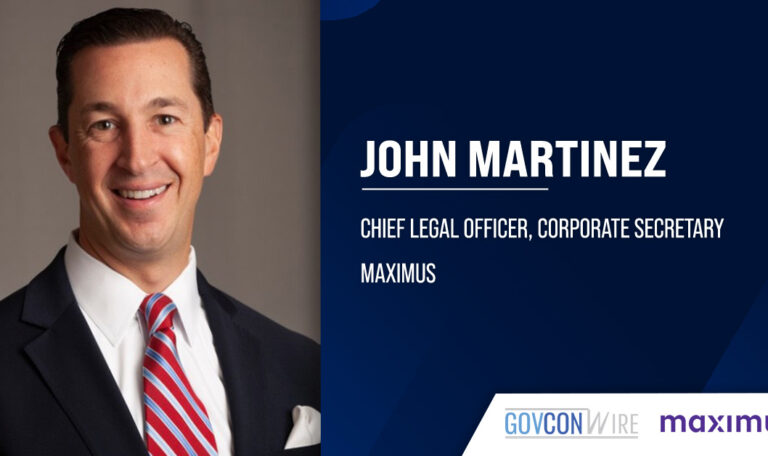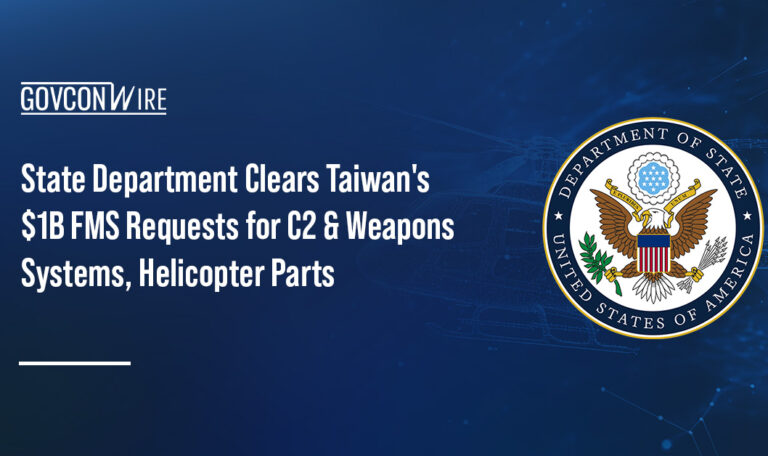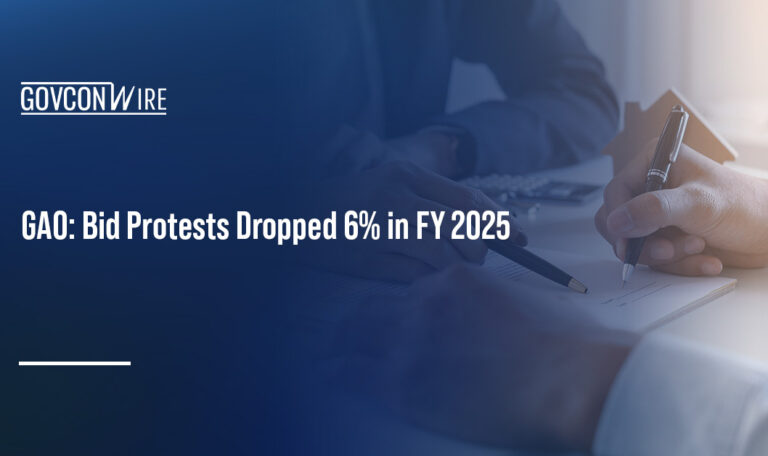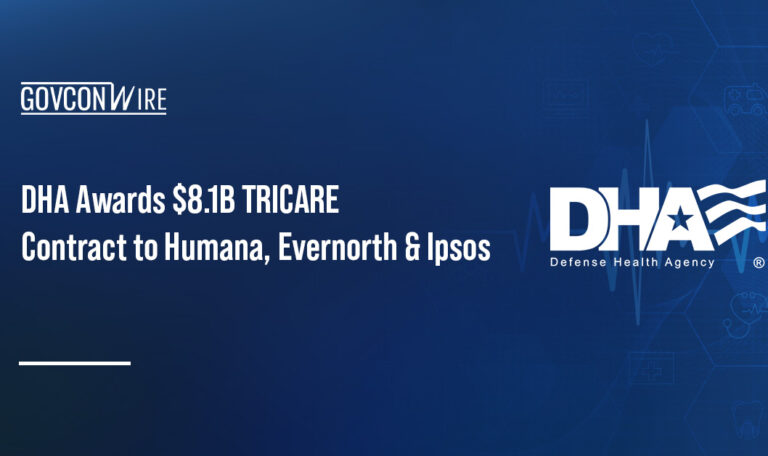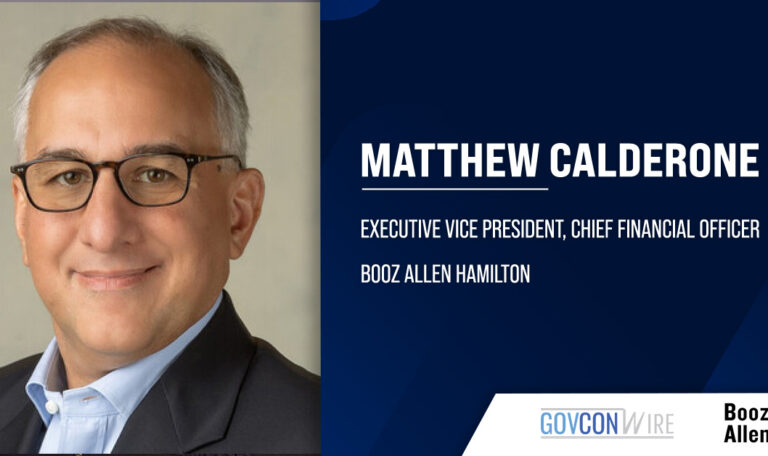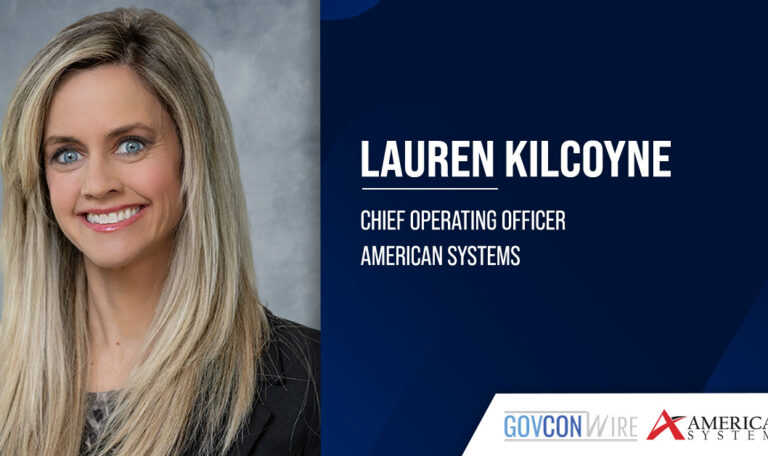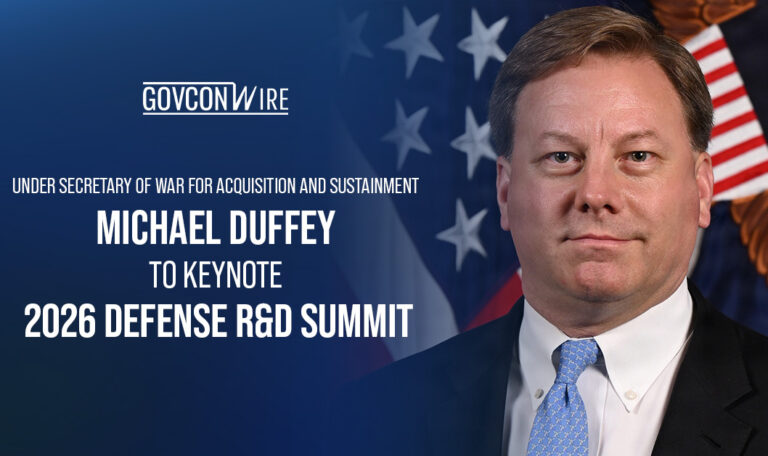Potomac Officers Club (POC) hosted its Fall 2021 5G Summit to bring together some of the most influential executives from the federal government and industry to explore the impact that 5G integration has on the private and public sectors, as well as future programs, plans and priorities as the nation aligns with emerging technology.
Jay Dryer of the Strategic Capabilities Office (SCO), Dr. Jeff Kleck of the Defense Innovation Unit (DIU), and Bob Kolasky of the Department of Homeland Security (DHS) acted as keynote speakers during the Summit to address 5G exploration and its progression into a new network of technologies that can be used to support critical missions.
Following an introduction from Keynote Introducer and Moderator Daniel Rice, vice president of 5G.MIL Programs with Lockheed Martin, Jay Dryer was presented as the opening keynote speaker to set the stage for the virtual audience and begin the must-have conversation at hand.
Check out the Potomac Officers Club’s Event Page to rewatch the Fall 2021 5G Summit on-demand and any other of POC’s forums that you may have missed recently.
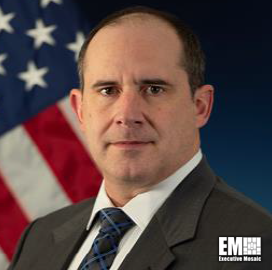
The Director of Strategic Capabilities Office Jay Dryer opened his keynote address with a look into the perspective of 5G implementation from within the Department of Defense (DOD). While he couldn’t go into the specifics, he was able to speak about the topic from a higher level about how and why SCO is energized and working to find new ways to bring 5G to the department.
Dryer emphasized that he’s been deeply involved in the maturing and integrating of new technologies across a wide range of domains, which fits quite well with the mission for the strategic capabilities office as it related to 5G development and the rapidly evolving market.
“If I were to describe SCO in one word, I would say it’s a problem-solving organization,” Dryer explained. “What we do is ensure that we’re reaching out and understanding the needs from our key combatant commanders and partners to understand their problem set and bring together our knowledge about the potential solutions to solve those problems for our warfighters and others.”
Dryer also mentioned that while 5G implementation is about addressing individual problems, it’s just as much a “team sport,” and that’s about working with other federal organizations as well as our warfighters and the intelligence community to better understand and integrate the changes to 5G and other tech to deliver on the best and most available solutions and capabilities of today.
After Jay Dryer’s opening keynote address, Potomac Officers Club’s 5G Summit moved onto a full expert panel breaking down the 5G commercial side of the topic with Dwayne Florenzie of the U.S. Air Force, Dr. Jeff Reed of Virginia Tech, Daniel Duvak of the Department of the U.S. Army and Dan Beaman of Palo Alto Networks. Lockheed Martin’s Dawna Morningstar acted as the panel moderator.
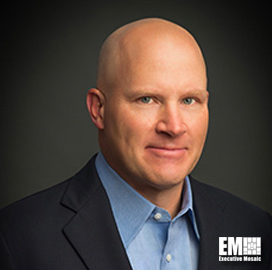
Dan Beaman provided the keynote introduction for Dr. Jeff Kleck, director of the Cyber Portfolio with the Defense Innovation Unit (DIU), after the first expert panel. Dr. Kleck began with a look into the challenges in the commercial sector as DIU works to field emerging technology with the pace of innovation, which is, particularly, challenging for developing new military capabilities.
His keynote address focused on the collaboration of the DOD with other federal agencies as well as the struggles of 5G rollout being slower than necessary, while the integration of these networks are also unnecessarily costly. Dr. Kleck mentioned the differences between factory 5G, industrial 5G and tactical 5G, which all bring a different side of innovation to the commercial sector.
He also explained that resources will always be harder to attain for unproven capabilities, but that 5G is already offering more security features to address leading security challenges and enhance the capabilities for the internet of things and other architecture issues. As his keynote address continued, Dr. Kleck also provided many of the advantages of 5G that are already here.
Potomac Officers Club also featured a full second expert panel featuring Martin Amen of Cubic Nuvotronics as the moderator with Amanda Toman and Dr. Sumit Roy of the Office of the Undersecretary of Defense for Research and Engineering, Leland Brown of Intel Federal and Dr. Tom Rondeau of the Defense Advanced Research Project Agency (DARPA) to discuss NextG and the Space Infrastructure for 5G.
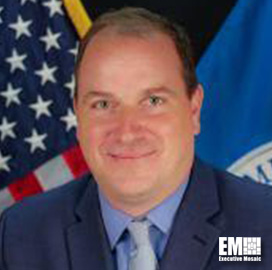
Next on the docket was the keynote address for AD Bob Kolasky, director of the National Risk Management Center (NRMC) for the Department of Homeland Security (DHS), who spoke about the work that NRMC has been doing to make 5G networks more secure and resilient as the Center plans to push collaboration across the critical digital infrastructure community as a whole.
AD Kolasky also mentioned the work being done with 5G towards policy and passing standards that includes supply chains, threat areas and risks as well as 5G software capabilities, opened radio access networks and componentry radio access networks.
That opened up the discussion to address other areas of 5G’s influence, including system architecture, cloud, edge computing and especially, space and legacy architecture systems. As the third keynote continues from Bob Kolasky about future global threats and more regarding the specific challenges we’ll face from our adversaries as 5G deployment becomes more influential.
Check out the Potomac Officers Club’s Event Page to rewatch the Fall 2021 5G Summit on-demand and any other of POC’s forums that you may have missed recently.

On Wednesday, Sept. 22nd, the Potomac Officers Club will host its Meeting the Challenge of Climate Change in Industry, Government and Society Virtual Forum to define a clear picture of the challenges that the U.S. and the rest of the world are facing as well as some of the most significant questions surrounding climate change.
Dr. Renee McPherson, university director for the University of Oklahoma’s South Central Adaptation Science Center, will serve as the keynote speaker for the Forum to discuss the societal and ecological impacts of climate variability and change as well as its long-term impact on the health of the Earth, our national security and way of life.
Visit PotomacOfficersClub.com to register for the platform’s Meeting the Challenge of Climate Change in Industry, Government and Society on Sept. 22nd.


